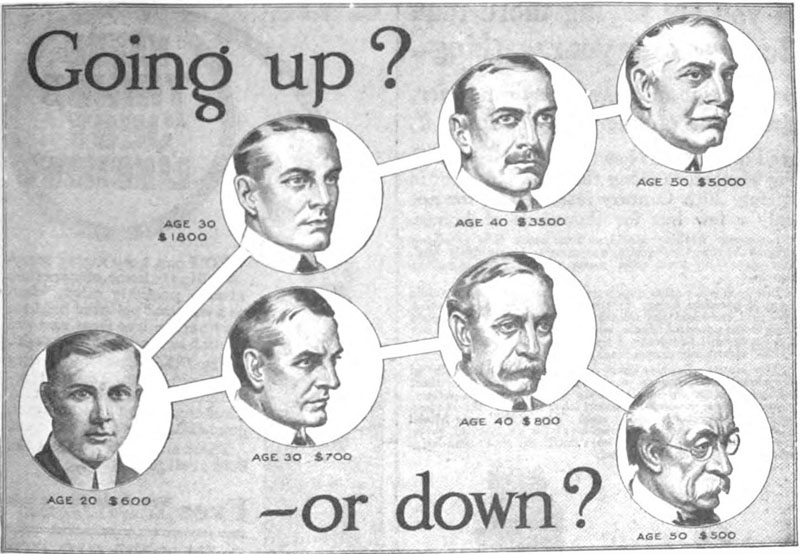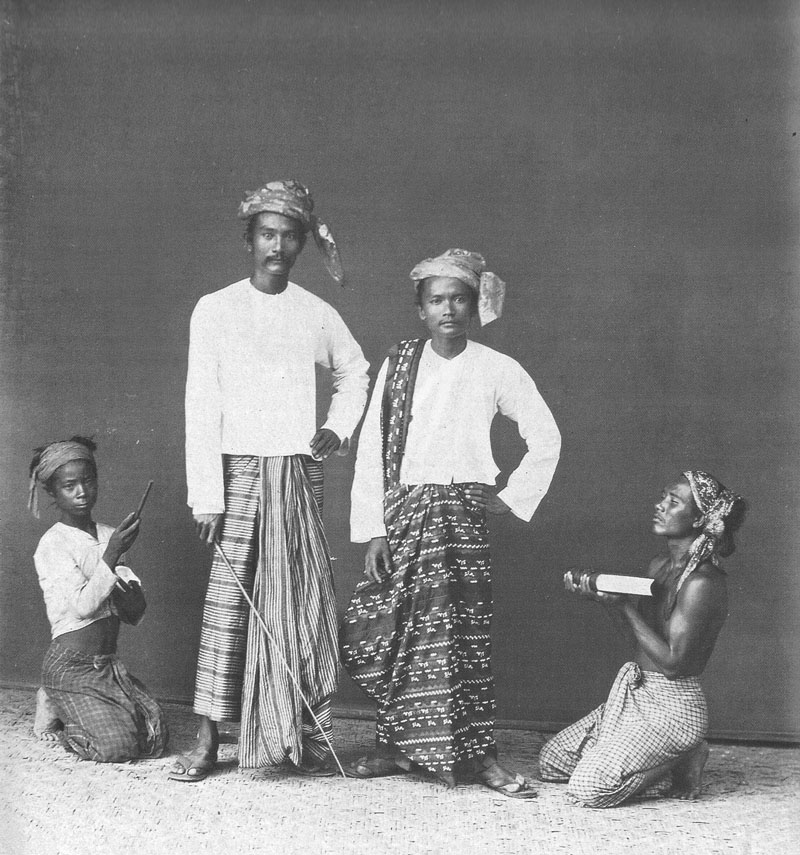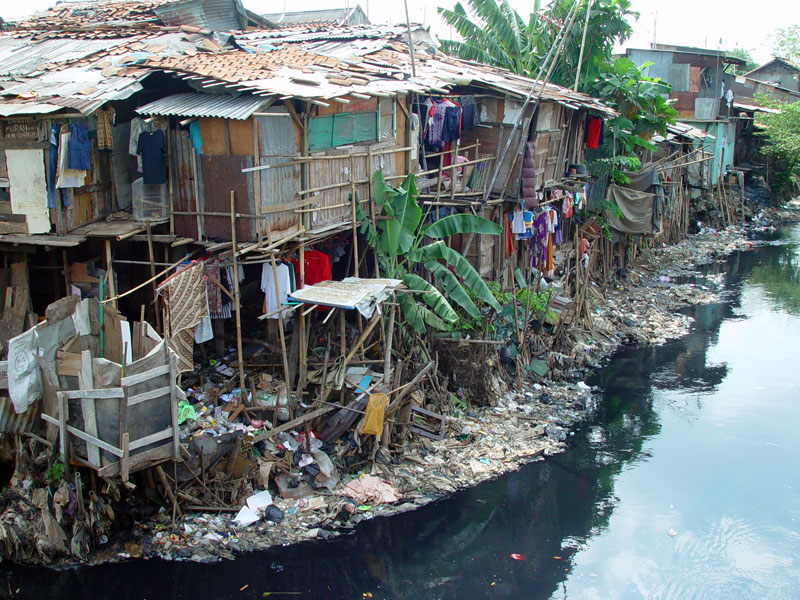Social Class
- In social science and politics, power is the ability to influence or control the behavior of people.
- Privilege is the sociological concept that some groups of people have advantages relative to other groups.
- Social class is a set of concepts in the social sciences and political theory centered on models of social stratification in which people are grouped into a set of hierarchical social categories.
- Anomie is the breakdown of social bonds between an individual and the community e.g. if under unruly scenarios resulting in fragmentation of social identity and rejection of self-regulatory values.
- Strain theory states that social structures within society may pressure citizens to commit crime.
- The term cultural capital refers to non-financial social assets that promote social mobility beyond economic means.
- Social capital is the expected collective or economic benefits derived from the preferential treatment and cooperation between individuals and groups. Social networks have value.
- In mathematical sociology, interpersonal ties are defined as information-carrying connections between people. They generally come in three varieties: strong, weak, or absent.
- Social mobility is the movement of individuals, families, households, or other categories of people within or between social strata in a society. It is a change in social status relative to others' social location within a given society.
- Meritocracy is a political philosophy which holds that power should be vested in individuals almost exclusively according to merit. Advancement in such a system is based on measured performance and/or demonstrated achievement in the field where it is implemented.
- Plutocracy is a form of oligarchy. It defines a society ruled or controlled by the small minority of the wealthiest citizens.
- Social reproduction is a concept originally proposed by Karl Marx which refers to the emphasis on the structures and activities that transmit social inequality from one generation to the next.
- Poverty is general scarcity, dearth, or the state of one who lacks a certain amount of material possessions or money.
- Absolute poverty is characterized by severe deprivation of basic human needs including food, safe drinking water, sanitation facilities, health, shelter, education and information. It refers to earning below the international poverty line of $1.25/day (in 2005 prices).
- The term relative poverty reflects a view of poverty as socially defined and dependent on social context, hence it is a measure of income inequality.
- The poverty line is the minimum level of income deemed adequate in a particular country.
- Social exclusion (or marginalization) is social disadvantage and relegation to the fringe of society.
- Spatial inequality is the unequal amounts of qualities or resources and services depending on the area or location, such as medical or welfare.

Illustration from a 1916 advertisement for a vocational school in the back of a US magazine. Education has been seen as a key to social mobility, and this advertisement appealed to Americans' belief in the possibility of self-betterment, as well as threatening the consequences of downward mobility in the great income inequality existing during the Industrial Revolution.


